Marijuana and CHD
Things to think about before using marijuana
Marijuana (cannabis) is legal for personal use in Canada and some US States. We know that many people use marijuana for recreational use and others may also use it to ‘self manage’ symptoms of anxiety.
The risks and benefits of marijuana use are not fully known. There is some evidence that it can be helpful at treating cancer pain and nausea, managing spasms, and reducing seizures in some children.
But just because its natural doesn’t necessarily mean that it’s safe. Marijuana smoke contains many toxins, irritants and carcinogens – known contributors to heart disease and cancer. The complex effects cannabinoids (the active chemicals in marijuana) have on the heart include dilating blood vessels and making the heart pump harder and faster. Research suggests that the risk of heart attack is several times higher in the hour after smoking marijuana than it would be normally. Although the evidence is weaker, there are also links to a higher risk of atrial fibrillation (heart rhythm disturbances) or ischemic (lack of oxygen to the brain) stroke immediately following marijuana use.
One of the things scientists know for sure is the effects marijuana has on the brain. It may impair thinking, memory, and learning functions and affect how the brain builds connections between the areas necessary for these functions. One research study demonstrated a loss of 8 IQ points with heavy marijuana use in the teenage years. Marijuana is known to have an effect on mental health and may lead to a dependency or addition.
Marijuana contains compounds which can affect mental and physical health in very important ways depending on how you it’s used, when it’s used, and how old a person is when they start using it. In fact, teens and young adults are at greatest risk of harm from using cannabis because their brains are still developing.
To learn more:
- Marijuana and Heart Health (from Harvard)
- Your Cannabis Questions, Answered (from the Government of Canada)
If you are experiencing anxiety and are using cannabis to manage it, you may be interested in learning alternative methods for coping with this. Check out the “Coping with CHD” section.
This program was developed by:



